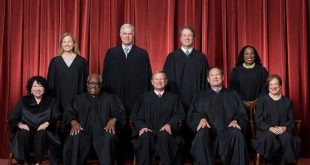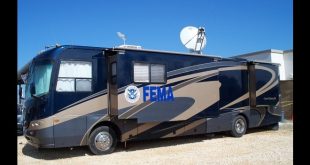
There will certainly be a lot to discuss today as a committee in the House of Representatives examines how federal agencies are responding to the Ebola crisis.
Front and center in the House hearing will be the newly identified Ebola case in New York City. A doctor who recently returned from an international aid mission in Africa is now undergoing treatment at a New York hospital after testing positive for the virus.
No doubt, the session will address the airport screening process that the Obama administration points to as a primary means of protecting the country from an Ebola outbreak. The real effectiveness of this screening will likely be questioned in light of the revelation that the Ebola-infected doctor now in quarantine went through the airport screening and was not detained — he was allowed to pass and go on with his daily activities.
The fact that the airport screening failed to identify the doctor, 33-year old Craig Spencer, as a carrier of the virus was made known by the Centers for Disease Control (CDC):
Healthcare worker returned through JFK Airport on Oct. 17, participated in enhanced screening for all returning travelers from W. Africa.
— CDC (@CDCgov) October 24, 2014
In a statement, the CDC cast further doubt on the ability of the airport screening process to identify Ebola carriers:
The doctor “went through multiple layers of screening and did not have a fever or other symptoms of illness,” the CDC said in a statement.
So, the CDC acknowledges that “enhanced screening” didn’t work in the doctor’s case, which leads one to reasonably ask how many other Ebola carriers have been cleared through airport screening even though they’re infected.
As Reuters reports, Dr. Spencer is now in quarantine in New York City’s Bellevue Hospital, while others with whom he had contact are in isolation for close monitoring:
Three people who had close contact with Spencer, a physician for the humanitarian group Doctors Without Borders, were quarantined for observation – one of them, his fiancée, at the same hospital – but all were still healthy, officials said.
The Ebola diagnosis in the nation’s most populous city renewed concerns about the spread of the disease in the United States, where the three previous cases occurred in Texas.
Disease detectives are moving through the Big Apple in search of other people with whom Dr. Spencer may have come into contact between the time of his return from West Africa and his admission to the hospital.
Reportedly, the doctor travelled on subways, took Uber rides and even went bowling the day before his Ebola symptoms clearly manifested.
Image Credit: businessinsider.com H/T: thegatewaypundit.com
BCN editor’s note: This article first appeared at Western Journalism.
 CURE News and Clergy Blog News and Commentary for Christians
CURE News and Clergy Blog News and Commentary for Christians



